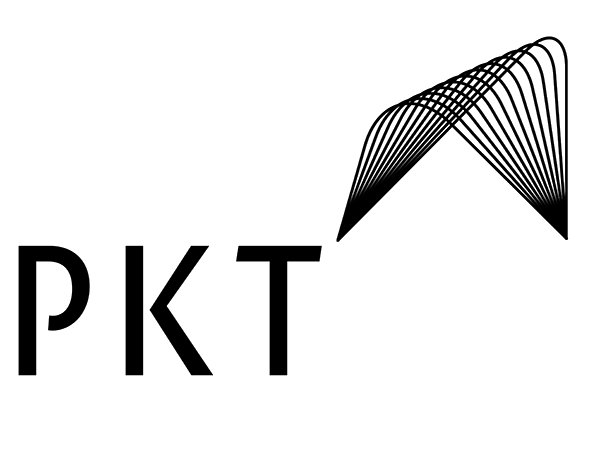
Best Corporate Governance Programmes and Solutions | 2023
At the heart of any successful business, lies the process of corporate governance. The corporate governance model helps to provide clarity and direction to the company, enabling it to operate in an efficient and ethical manner. Corporate governance ensures that the actions of both the management and the owners are focused on long-term objectives, while also trusting the expertise of experienced and qualified personnel. With the help of a corporate governance program, businesses have the opportunity to not only protect their assets, but also drive a greater organizational stability and efficiency.
Challenges:
In today’s complex business world, corporate governance has become a daunting task for companies of all sizes. In addition to meeting complex compliance and regulatory requirements, businesses face an array of economic and competitive pressures. Businesses need to strike a balance between ensuring their operational integrity, while simultaneously responding to ever-shifting market conditions. Success in this regard requires an informed and proactive approach to corporate governance that is tailored to each organization’s needs.
Benefits of Corporate Governance Programs:
Implementing a corporate governance program can offer several benefits to businesses, including:
• Improved synergy and collaboration between shareholders, management, and employees
• Enhanced organizational accountability and transparency
• Strengthened stakeholder and investor confidence
• Reduced corporate risk and liability
• Improved business efficiency and profitability
2023 Solutions:
By 2023, corporate governance programs are expected to become even more detailed and comprehensive. Companies should prepare for heightened scrutiny in areas, such as risk management, board accountability, conflicts of interest management, and stakeholder engagement. In addition, companies should also be prepared to address topics such as diversity and inclusion, executive pay packages, and whistleblower protection.
Fortunately, there are an array of corporate governance solutions to provide businesses with the guidance, resources, and information required to address the increasing complexity and risks associated with corporate governance. These solutions include:
• Pre-configured corporate governance templates to help businesses quickly establish and implement corporate governance standards
• Cross-functional corporate governance software to provide enterprise-wide visibility into governance practices and performance
• Streamlined board management tools to increase oversight and collaboration between shareholders, management and employees
• Automated workflows to improve the efficiency of corporate governance activities
• AI-driven analytics to help businesses identify and manage risks related to corporate governance
Alternative Corporate Governance Strategies
A corporate governance strategy is an important tool for organizations to address risk management, legal and financial compliance, executive decision-making, and other essential elements of running a successful business. Traditionally, corporate governance focused on top-down, hierarchical structures for decision-making and responsibilities, but that’s changing. Today, many forward-thinking companies are taking alternative approaches to corporate governance with an emphasis on sustainability, agility, collaboration, and innovation.
Responsible Governance
Responsible corporate governance focuses on sustainability through environmental and social responsibility. Companies with a responsible governance strategy seek to create a positive impact in their community and beyond while investing in projects that benefit the organization in the long run. This type of corporate governance strategy requires strong leadership with a clear set of values and mission-based goals to ensure that the organization is pursuing ethical and sustainable business practices.
Collaborative Governance
In a collaborative governance strategy, decision-making authority is delegated to multiple stakeholders in the organization, including outside investors, executives, and staff members. This type of governance allows for greater points of view and increased collaboration between parties. This can yield better decisions and a more unified organizational culture. Collaborative governance is often employed by companies that are transitioning from a traditional governance strategy to a more agile and responsive approach.
Agile Governance
In an agile governance strategy, the focus is on rapid adaptation to a changing environment. This approach features rapid decision-making, adaptability to new technologies, and a willingness to take risks. Companies using this type of governance must be comfortable with change and willing to move quickly when presented with opportunities. It is also important to identify key metrics that help decision-makers determine if the organization is successfully executing its strategy.
Innovative Governance
Innovative governance is characterized by an entrepreneurial spirit and a focus on innovation. Companies with this type of corporate governance approach allocate resources to research and development, creating an environment where creative ideas and disruptive technologies can thrive. This type of governance also encourages risk-taking, recognizing that not every venture will yield desired outcomes.
In the modern business environment, corporate governance strategies need to be both agile and responsible. By taking an alternative approach to corporate governance, organizations can foster an environment of collaboration, creativity, and sustainability. This will create a positive culture that fosters innovation and productive decision-making.
Summary:
Effective corporate governance is essential to the long-term success of any business. In order to balance the increased complexity, compliance and regulatory requirements, businesses must embrace the technologies and solutions offered by corporate governance programs. By leveraging these solutions, businesses can improve collaboration and accountability, strengthen stakeholder and investor confidence, and reduce corporate risk and liability. By 2023, businesses should look for even greater integration of corporate governance technologies and services, to provide the necessary oversight and agility to respond quickly to today’s complex business environment.
Talk to us about planning your next Management Retreat
Leadership retreats for executives




